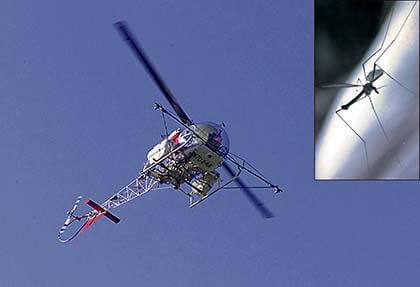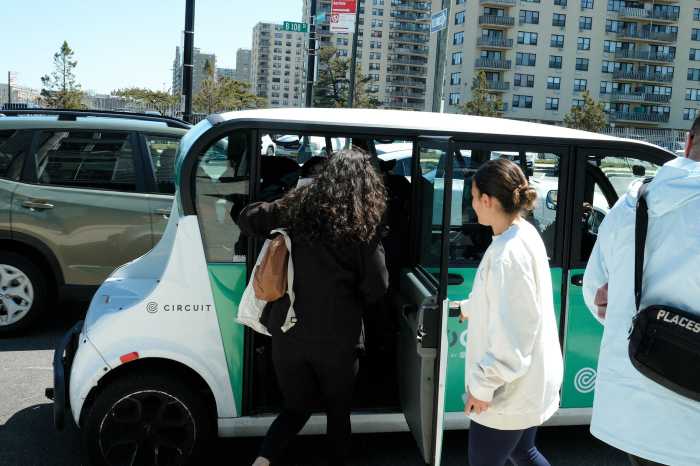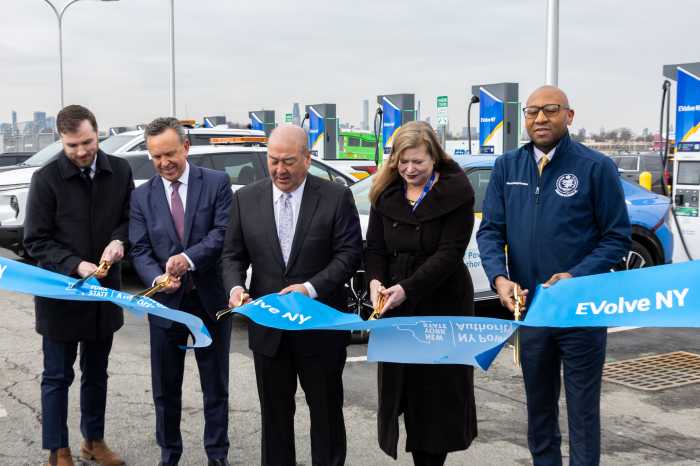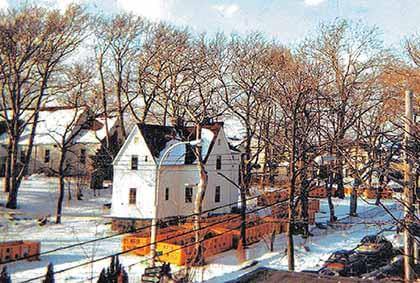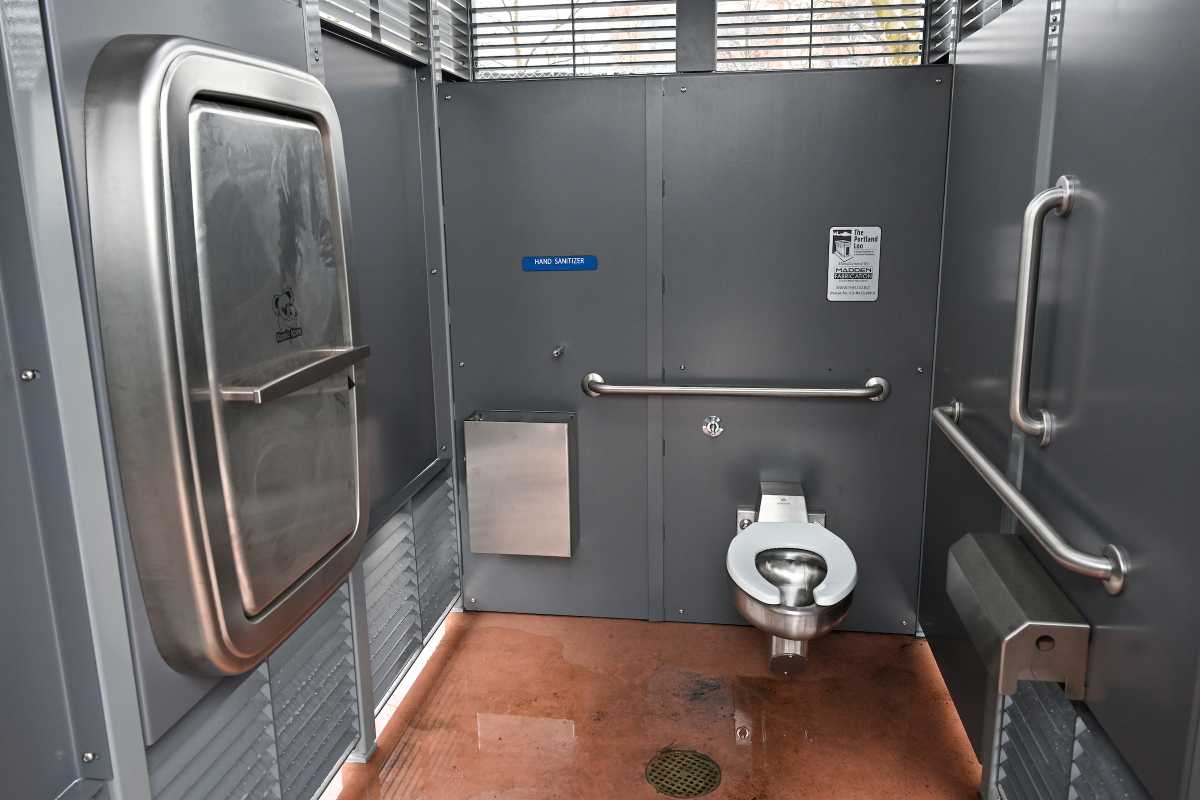The city has begun its annual war on mosquitoes with larvicide spraying in marshy areas of Queens this week — but one local lawmaker says the city shouldn’t ignore her district’s skeeter problem.
Assemblywoman Stacey Pheffer Amato — whose district includes Howard Beach, Broad Channel and much of the Rockaway Peninsula — called on the city to solve her district’s mosquito problem on Wednesday.
Citing the potential spread of West Nile Virus and Zika Virus in coastal communities, Amato’s request to the New York City Department of Health and Mental Hygiene listed five areas in her district that she wants included in the department’s aerial spraying of larvicide.
The helicopter spraying, planned for June 20, June 21 and June 24 in non-residential areas, is used to kill larvae growing in large marsh areas before they can turn into adult mosquitoes and spread potential viruses.
“Every summer, families across southern Queens deal with the onslaught of mosquitos any time we step outside,” Amato said. “That is why it is so important to have additional sprayings to prevent against the potential risks posed by West Nile virus and Zika virus.”
One of the ZIP codes Amato requested, 11414 in Howard Beach, saw nine reported cases of West Nile Virus in 2018 and has had at least one reported case of the virus every year dating back until 2012, according to health department data.
However, the Department of Health doesn’t see that ZIP code as deserving of the aerial spraying.
“Only large marsh areas and wetlands which are suitable for aerial larviciding are treated by air,” a Health Department spokesperson said. “All other places receive manual application of larvicide if necessary.”
The ZIP codes Amato requested for treatment are 11693, 11694 and 11697 (Far Rockaway), 11414 (Howard Beach) and 11417 (Ozone Park).
Portions of Amato’s district are scheduled for manual sprayings, the department says, just not by air.
“All catch basins in Rockaways and marsh areas in Dubos Point and Edgemere Park are treated at least three times in the mosquito season,” the spokesperson said.
The department added that there is no threat of Zika in the area at the time and that mosquitoes are monitored on a weekly basis for signs of West Nile virus. At the time, no human cases of the virus have been reported.
Should that change, the department said they’ll take action.
“If West Nile Virus activity is found in the area at a level that would threaten public health, the Health Department will immediately conduct mosquito spraying in the affected area,” the spokesperson said.

